Today’s readings
I’ve often heard stories of those who grew up in the great depression. Many years later, they still had deeply engrained in them the scrupulous care for everything they have that was etched into their very being during that horrible time in our history. They spent a lifetime wasting nothing, which was a good thing, except it sometimes spiraled into hoarding things. They would eat leftovers well past their freshness dates. It was just their response to having nothing, so completely understandable.
And that’s the lens through which I think we need to see this week’s Gospel parable. Here Jesus presents the very familiar story of a rich man entrusting his slaves with a great deal of wealth before he sets off on a long journey. But because this is such a familiar parable, I think it often gets interpreted wrongly. Often this parable gets turned into a lesson on sharing your gifts with others, but that’s not actually what’s going on here. The word “talents” here does not mean what we mean when we use that word: here we are not talking about gifts or abilities. No, a talent was a unit of money, and a large sum of money at that. Scholars suggest that a talent was equal to something like one thousand days’ wages. So think about it, even the servant who only received one talent actually received quite a bit – he received what the average person would earn in a little over three years! That’s a lot of money for anyone.
So we have this huge amount of money, given as a gift. And that gift is being given, not to whom we would expect: not to senior advisers to the master, people who would have been in charge of his estate and his business transactions. No, the text says he called in his “servants” – so we are talking here about slaves, slaves – not business advisers. And so these slaves are getting ten talents, five talents, and one talent – all of them are getting a considerable amount of money!
And we know the story. Two of them take what they have and very successfully invest it and when the master returns, are able to hand over the original sum with one hundred per cent interest. Very impressive, especially for a slave! But the slave who received just a “little” (even though it was certainly still a lot of money), out of fear buries it in the ground and gives it back to the master untouched, with nothing to show for it. It’s much like a person having gone through something like the great depression placing money under a mattress rather than trust the banks, which they saw fail miserably in their lifetimes.
That’s the backstory, and there’s a lot to unpack here, so let’s get at it. We’ve established that the gift they are receiving – even the slave who received little – is worth an incredible amount of money, especially to a slave who would never have the opportunity to see such wealth if not for the trust the master has placed in them. We could almost understand, I think, if a servant hoarded the wealth entrusted to him, or used it for himself and his family. So that the third servant even gave it back seems like a good thing.
I guess we have to unpack though, what the talent, the money, represents. Here, these slaves have received something very great, some inestimable wealth. What could that possibly be? We should be able to see this pretty well. What’s of inestimable value for us? Well, of course, it’s God’s love, grace, and favor, which is undeservedly ours and given to us without merit. That’s what the God, the master, was entrusting to his servants.
So just for background, this is yet another indictment of the Pharisees and religious establishment of the time. They were the ones who, because Christ was not yet present in the world, received just one talent. They received that in the form of the covenant and the law that was the basis of their religion. And let’s just acknowledge that God choosing them among all the nations was a huge sum of grace! Yet, their practice was to protect it so scrupulously by attending to the minutiae of the 613 laws of the Torah, that they missed the opportunity to really invest God’s love in the world and grow the faith to full stature.
So we disciples can’t be like that. We can’t have the faith taken away from us and be tossed out to wail and grind our teeth. We have to take the faith we’ve been given, the grace we have received in baptism, and invest it mightily in the world, without fear, so that everyone will come to know the Lord and we would all go on to be put in charge of greater things, in the kingdom of heaven. That is our vocation in the world, brothers and sisters in Christ. We have to get that right. We can’t cower in fear, or think our faith is too little, or we don’t know enough. In Matthew’s Gospel, fear is a huge sin. “Do not be afraid” is a term we see over and over in the readings. We have to be bold disciples and make sure that Christ is known everywhere we go, everywhere life takes us. That is the only acceptable response to God’s love.
We have come here today on the second-to-last Sunday of the Church year. Next week, we will celebrate the Solemnity of Christ the King of the Universe, and then look forward to a new year as we begin the season of Advent. And so it is important that we take today’s Gospel parable seriously. We need to spend some time reflecting on how well we have invested God’s grace and love in the world around us. Have we been good examples to our family and others? Have we been people of integrity in our workplaces, schools and community? Have we served those who are in need out of love for Christ? Have we been zealous to grow in our spiritual lives? Have we taken time to root sin out of our life, and to receive the grace of forgiveness in the Sacrament of Penance? Have we been unafraid to witness to our faith in every situation? In this most difficult year, have we been able to get beyond ourselves to care enough about others to do what we can to keep people healthy in the face of a pandemic, to respect people of every race, color and creed, to witness to life and vote according to our formed consciences, to keep the doors of discussion open so that understanding can grow?
If we can’t answer all these questions affirmatively, we have some new-Church-year’s resolutions to make. Because, and I can’t stress this strongly enough, brothers and sisters, the alternative is wailing and grinding of teeth. And forever is a long time to be doing that! No; God forbid. Our desire is to hear those wonderful words from our Lord one day: “Well done, my good and faithful servant. Since you were faithful in small matters, I will give you great responsibilities. Come, share your master’s joy.”
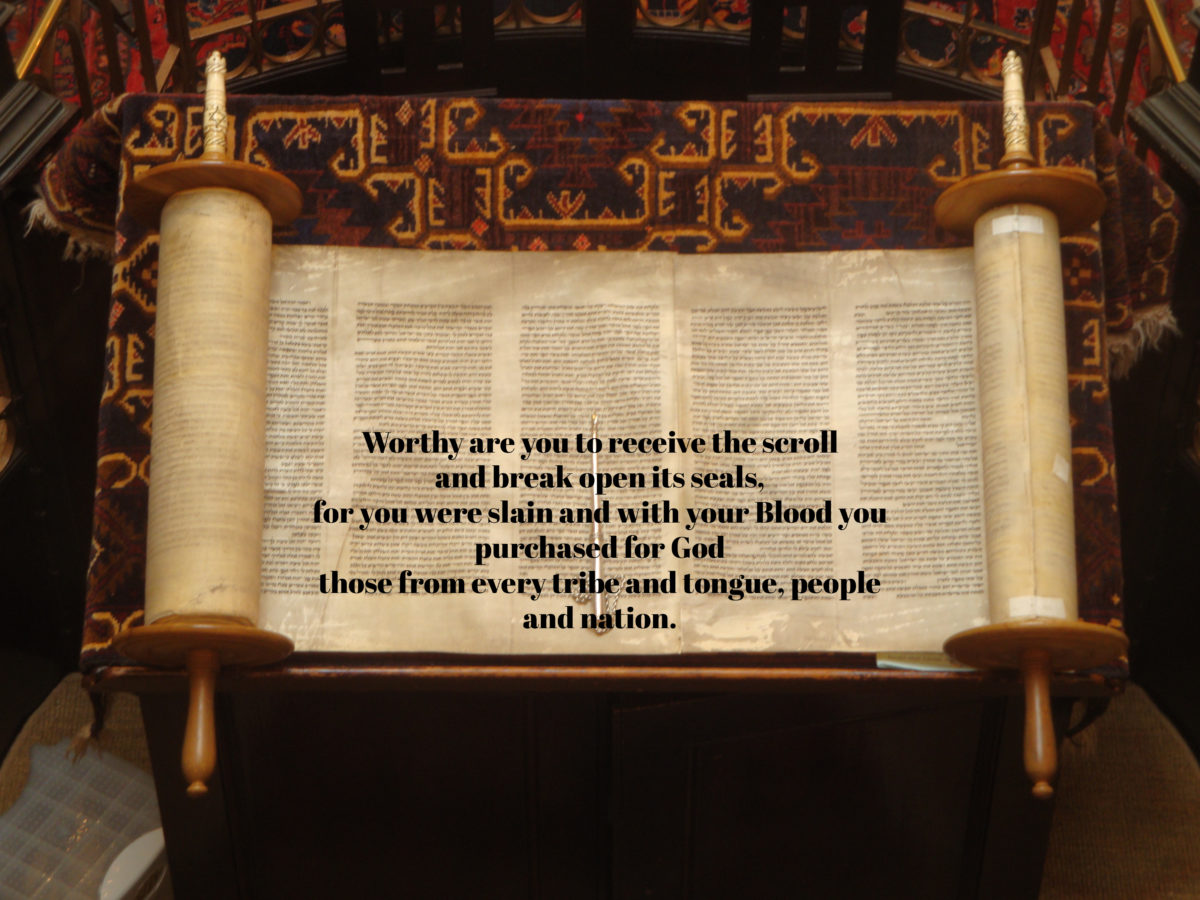
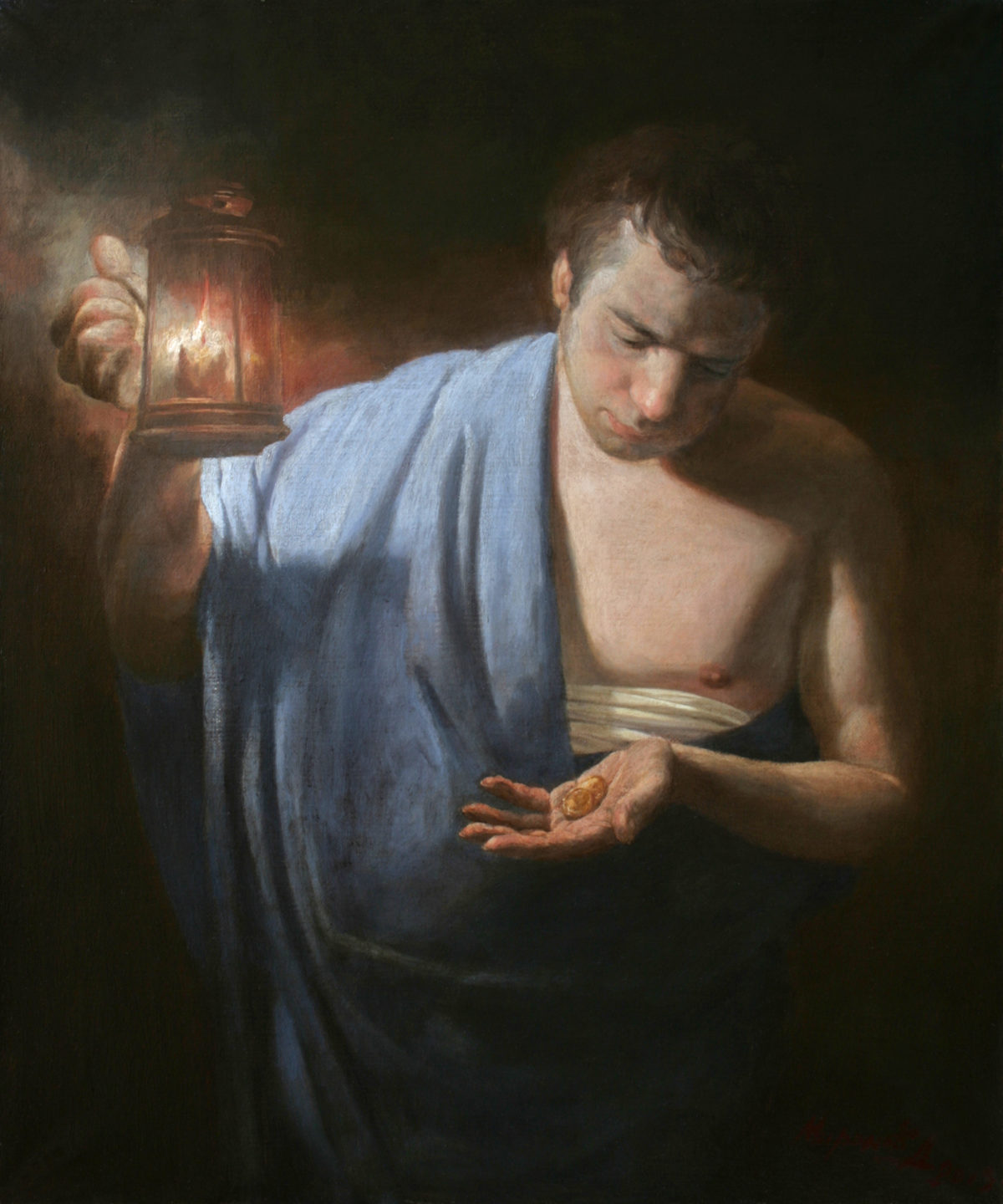

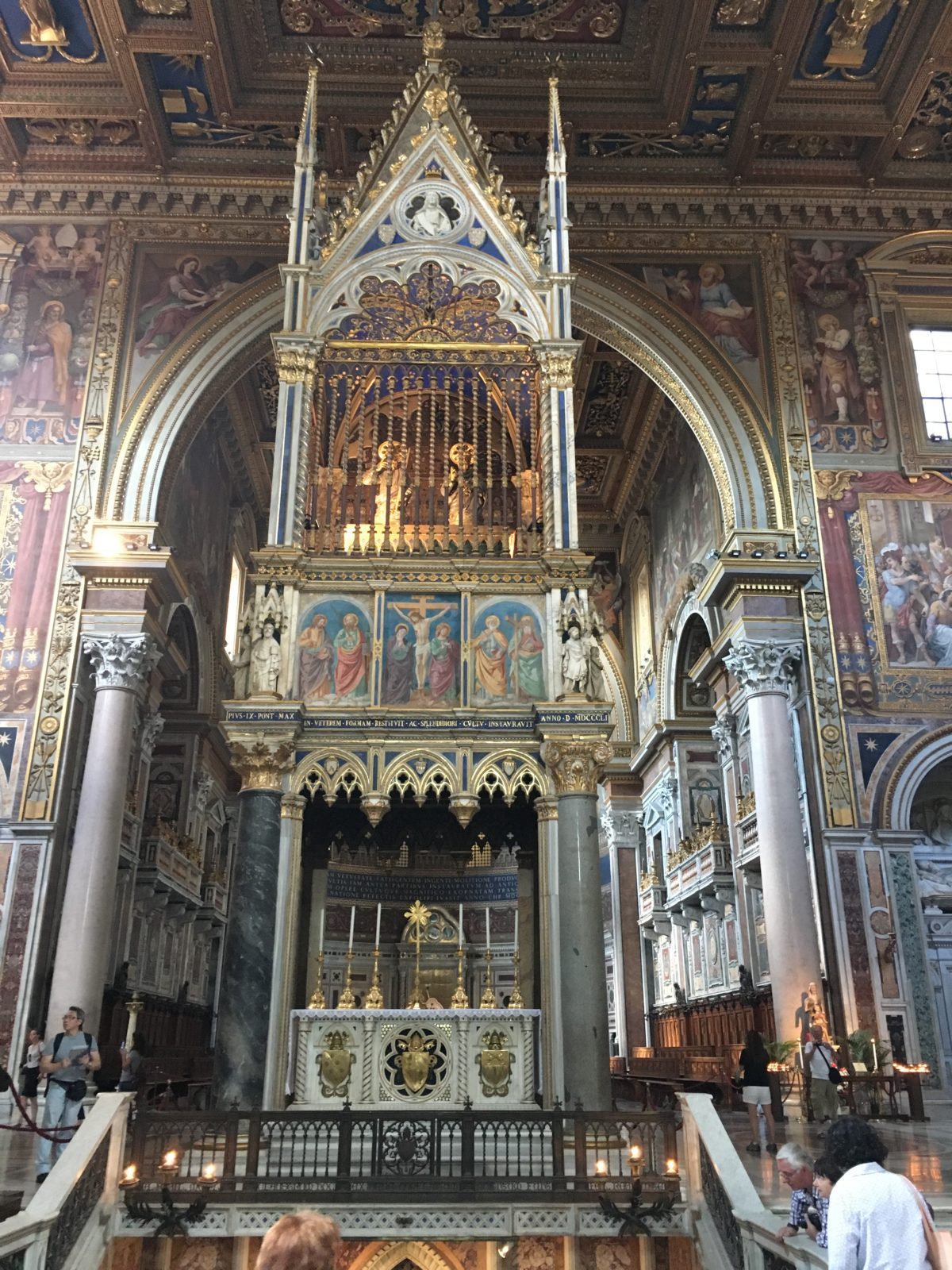
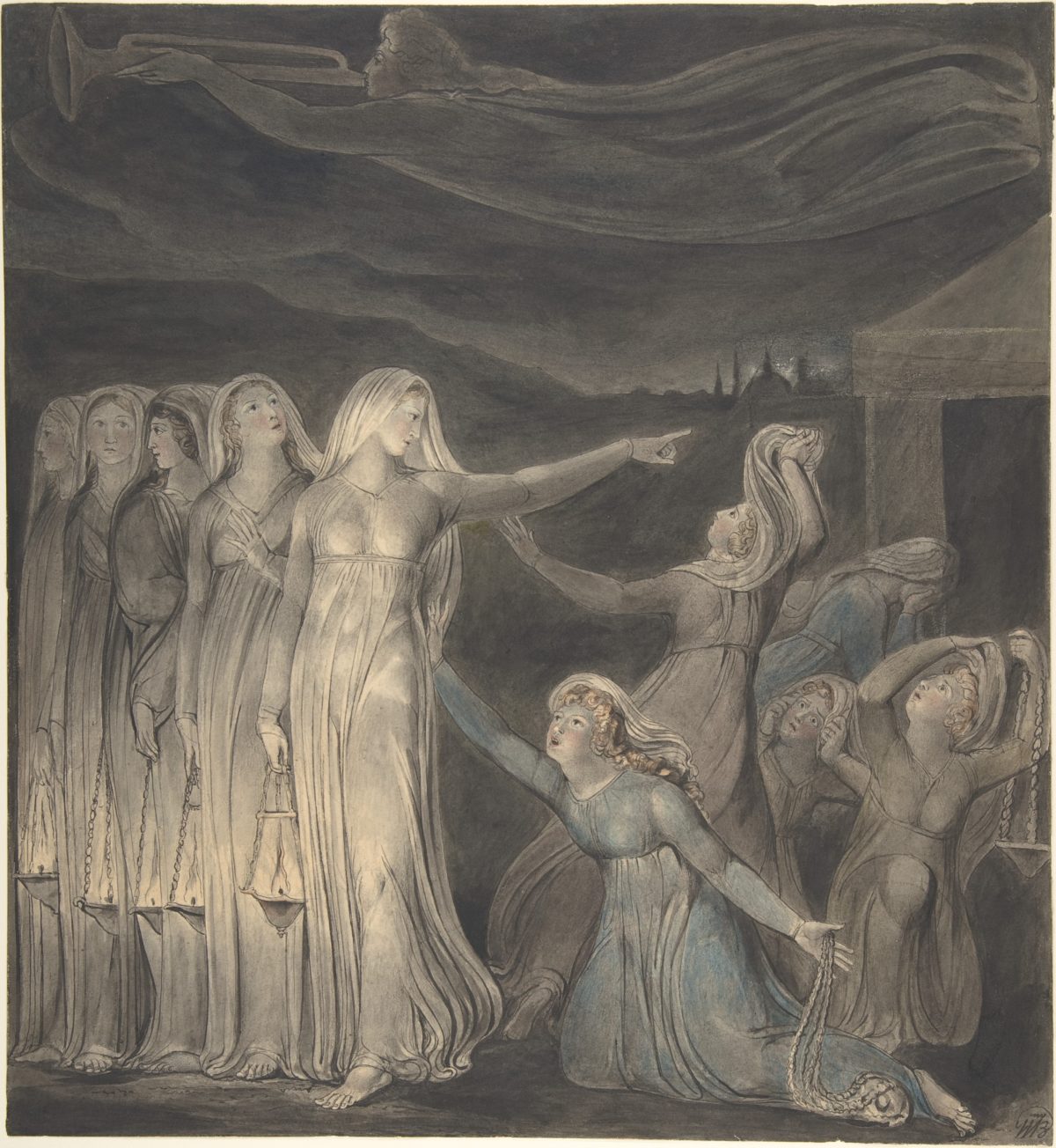
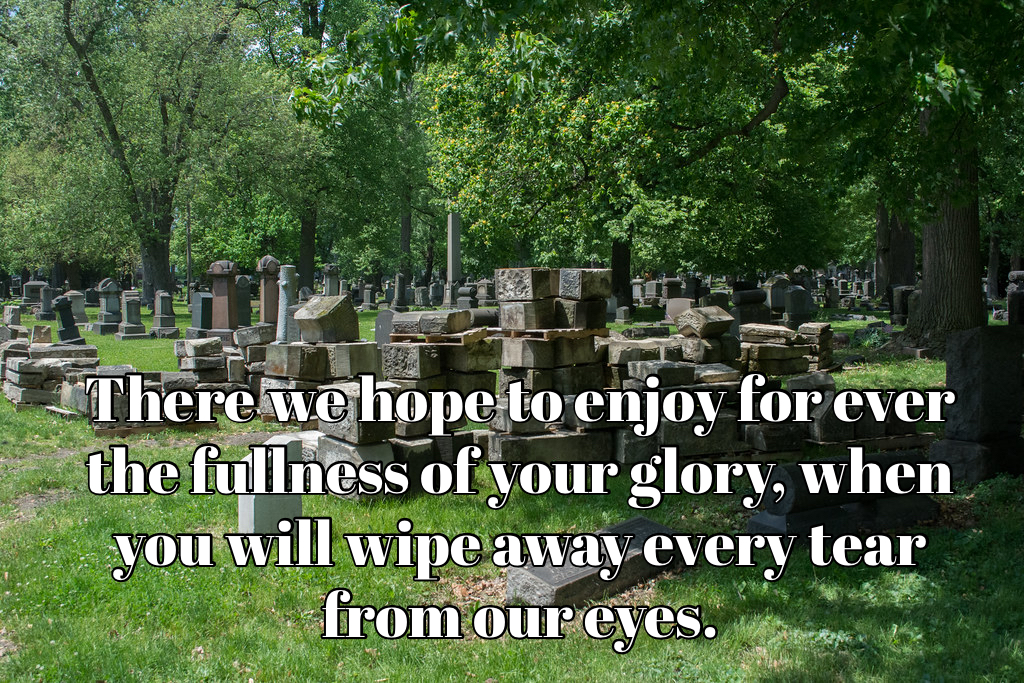
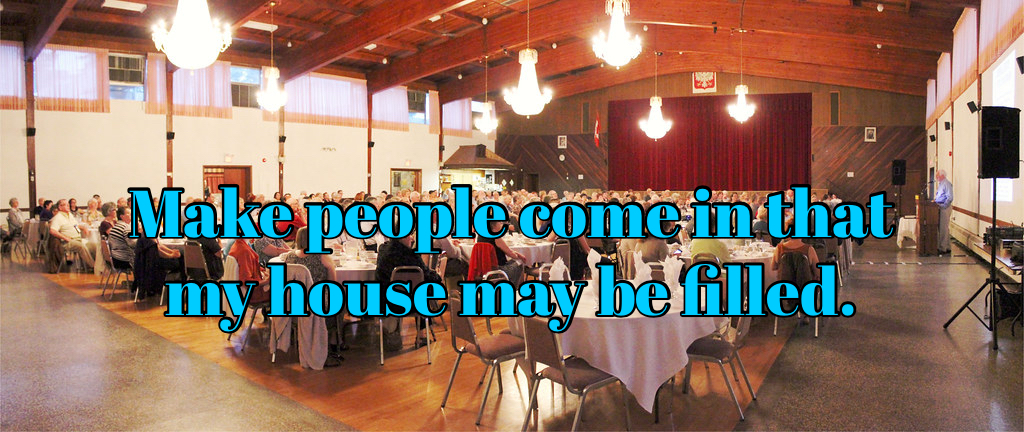

You must be logged in to post a comment.